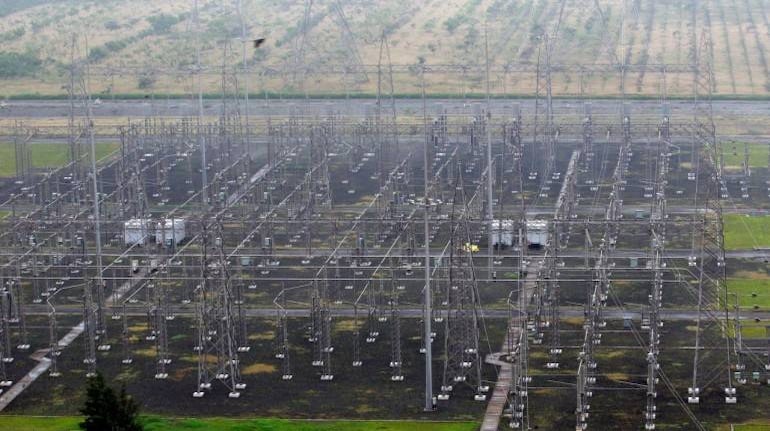



12-13 GW.
That is the amount of power that will fluctuate between 9 PM and 9.09 PM on Sunday, as the nation switches off its lights, and then puts them back on, in a show of solidarity during these COVID-19 times.
Doesn't sound much, that 12-13 GW?
It is equal to 12,000-13,000 MW, nearly twice the peak consumption of Delhi, the country's biggest power guzzler.
To manage this fluctuation, Power System Operation Corporation Ltd, or POSOCO - the public sector company responsible for managing country's grid operations - is arranging resources almost at a war footing.
It has asked all its senior personnel to be in attendance across the country, and man generating stations, substations and load dispatch centres. Rest of the staff in evening shift have been asked to stay on till 10 PM, despite an overlap with those in the night shift.
Most importantly, POSOCO has sent off an advisory that lists out instructions that have to be carried out on the night of April 5, in near clock-work precision.
It entails a co-ordination that is unprecedented in the country's power sector. All power generators - thermal, hydel, gas and wind - have to work in tandem with the power distribution companies, or DISCOMS, and local dispatch centres.
Here is a story on explaining how these three stakeholders, together, ensure electricity reaches our homes.
On alert
Moneycontrol has seen the advisory that POSOCO sent out on April 4.
The company decided on the strategy first by studying the power consumption pattern of the country on March 29, also a Sunday. It looked at the difference in power consumption between 18.07 hours and 2100 hours, to understand the 'lighting load'.
The pattern of consumption between the two time periods was studied across grids in all states. The calculation then got them to the number : 12-13 GW.
Here is the critical part.
While normally the reduction and increase in load (or consumption) occur gradually, on April 5, this change will happen within minutes.
This sharp and unprecedented reduction in load and recovery, POSOCO notes in its advisory, has to be handled by managing power generation at hydro and gas plants.
Why gas and hydro plants? Because solar plants don't generate power in the night, the wind generators can't be switched off completely, and when it comes to thermal plants, they are much more complicated and lack the flexibility for their power generation to be tweaked.
Clock-work precision
POSOCO has detailed the generation schedule for all these plants, starting from 18.10 hours.
The first thing to note?
Every plant should strictly ensure that their clocks are synchronised to Indian Standard Time, to remove any element of error in the whole exercise.
As it is easier to manage the hydro plants, their generation capacity will be first lowered from 18.10 hours. At the same time, thermal power generation will be reduced to the bare minimum possible by 20.55 hours. The gas stations, simultaneously, will be ramped down to the lowest level.
The thermal generation will slowly begin ramping up from 21.05 onwards, more than halfway into the candle-light exercise. And from 21.09 hours onwards, generation from hydro plants will be increased to cater to the higher load as everyone starts switching on their lights.
There is a separate set of instructions to manage wind generation.
Another important part of the exercise is to manage the voltage and the fluctuation. POSOCO has made a list of substations where voltage level is expected to rise beyond a threshold. To manage that, around 240 transmission lines have been kept 'open' to control voltage fluctuation.
Furthermore, all State Load Dispatch Centres - who manage the supply and demand of power - have been asked to send directions to housing societies and resident welfare association, asking them not to switch off their main supply.
POSOCO further adds: all defence mechanisms, including the systems, shall be in service and their 'healthiness' shall be ensured by those responsible.
For sure, it is going to be one mammoth exercise, to ensure that the seemingly simple exercise of switching on, and off, of lights, is done smoothly!
Discover the latest Business News, Sensex, and Nifty updates. Obtain Personal Finance insights, tax queries, and expert opinions on Moneycontrol or download the Moneycontrol App to stay updated!
Find the best of Al News in one place, specially curated for you every weekend.
Stay on top of the latest tech trends and biggest startup news.